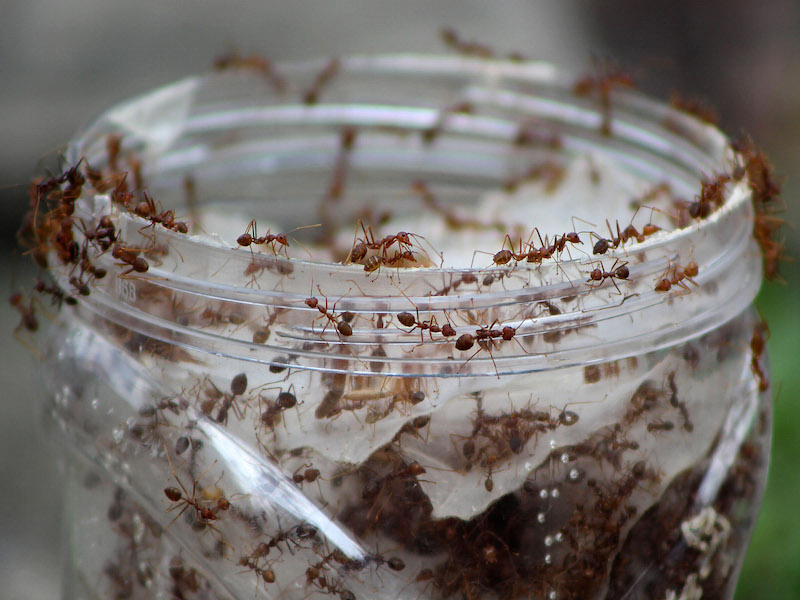-
Tips for becoming a good boxer - November 6, 2020
-
7 expert tips for making your hens night a memorable one - November 6, 2020
-
5 reasons to host your Christmas party on a cruise boat - November 6, 2020
-
What to do when you’re charged with a crime - November 6, 2020
-
Should you get one or multiple dogs? Here’s all you need to know - November 3, 2020
-
A Guide: How to Build Your Very Own Magic Mirror - February 14, 2019
-
Our Top Inspirational Baseball Stars - November 24, 2018
-
Five Tech Tools That Will Help You Turn Your Blog into a Business - November 24, 2018
-
How to Indulge on Vacation without Expanding Your Waist - November 9, 2018
-
5 Strategies for Businesses to Appeal to Today’s Increasingly Mobile-Crazed Customers - November 9, 2018
Ants And Their Extraordinarily Keen Sense of Smell
Previous studies reveal that these tiny creatures use smell to determine their friends and foe, but the new study says that insect’s ability has more to show. “It’s really critical for them to be able to tell the difference between [a] major worker, a minor worker, a queen and different individuals within a colony, in order to be able to coordinate their social experience”.
Advertisement
Have you ever wondered how ants from the same nest recognise each other?
Ants have secret powers and that’s no secret at all, they are perfectly designed with fantastic features that help them survive in extremely harsh conditions.
Through very subtle, tiny cathodes implanted on a single hair of an ant’s antenna, they exposed how the social insect reacts to even the slightest differences of hydrocarbons.
The findings were reported in the journal, Cell Reports. The queen, for example, produces “a cocktail of body odors”, which the rest of the colony can smell and which leads them to obey her, even to the extent of sacrificing their lives for her. “It’s a type of behavior control, or mind control”, Ray said.
Kavita R Sharma, another Indian-born scientist in the University of California research team said that they had discovered that although these hydrocarbons are of very low volatility they were highly sensitive and could detect all the hydrocarbon components on the cuticles as well as the specialized ones on the antennal sensors. Using this high-definition ability to smell “ant body odor’ the ants can recognize the various castes in the colony as well as intruders”.
To make their findings, a team of researchers used a powerful electrophysiological method to systematically test the response of individual neurons in the ant antennae to hydrocarbons present in the cuticles of worker ants and their queens.
The ants’ sensitivity to pheromones allows detection of very few molecules of hydrocarbons that stick close to the cuticle surface.
These two tasks are feasible not only because ants have a sophisticated olfactory receptor system with the largest odorant receptor gene family (more than 400 genes) known in insects, but also because they have remarkable abilities to learn and behaviorally discriminate closely related hydrocarbons. Afterwards the scientists trained the ants to link particular hydrocarbon chemicals to sugar water. After efforts of analysis and behavioral change assessments, researchers have discovered that ants are extremely sensitive to chemical changes and they have sensory neurons that respond to a great variety of hydrocarbon odors. They were able to not only detect hydrocarbons, but understand the very delicate blends they can form.
Advertisement
Moreover, recognition of particular individuals at close proximity in a large crowd is facilitated by use of low volatility cuticular carbons, a substance exclusively found in ants.





























